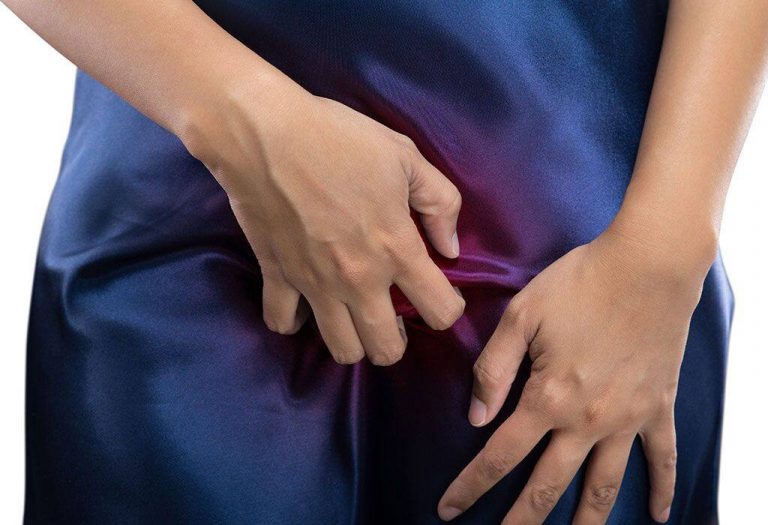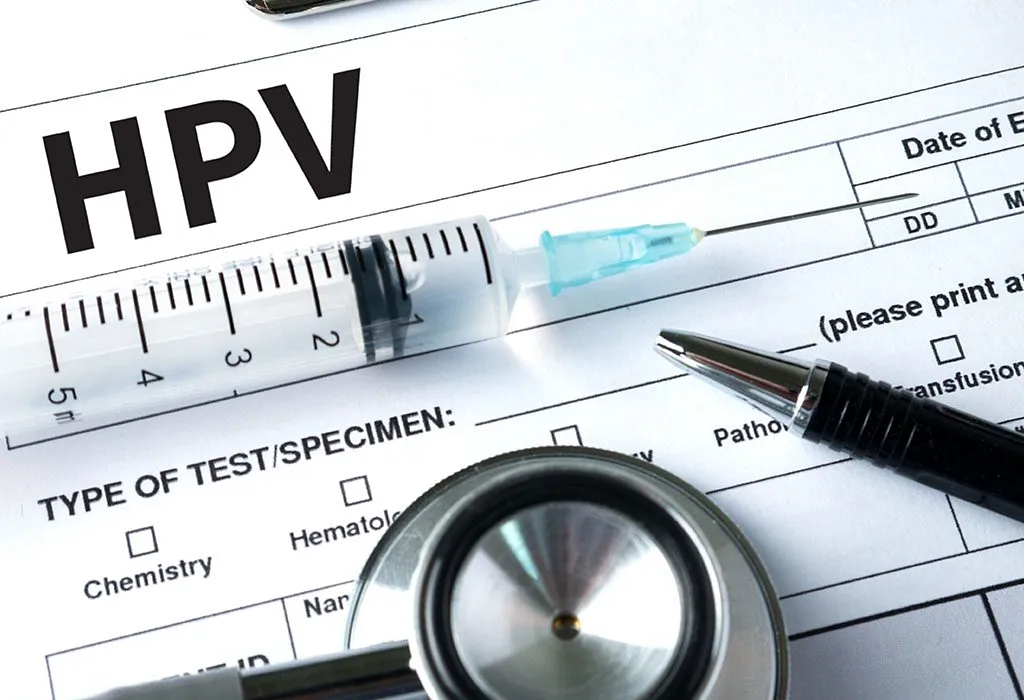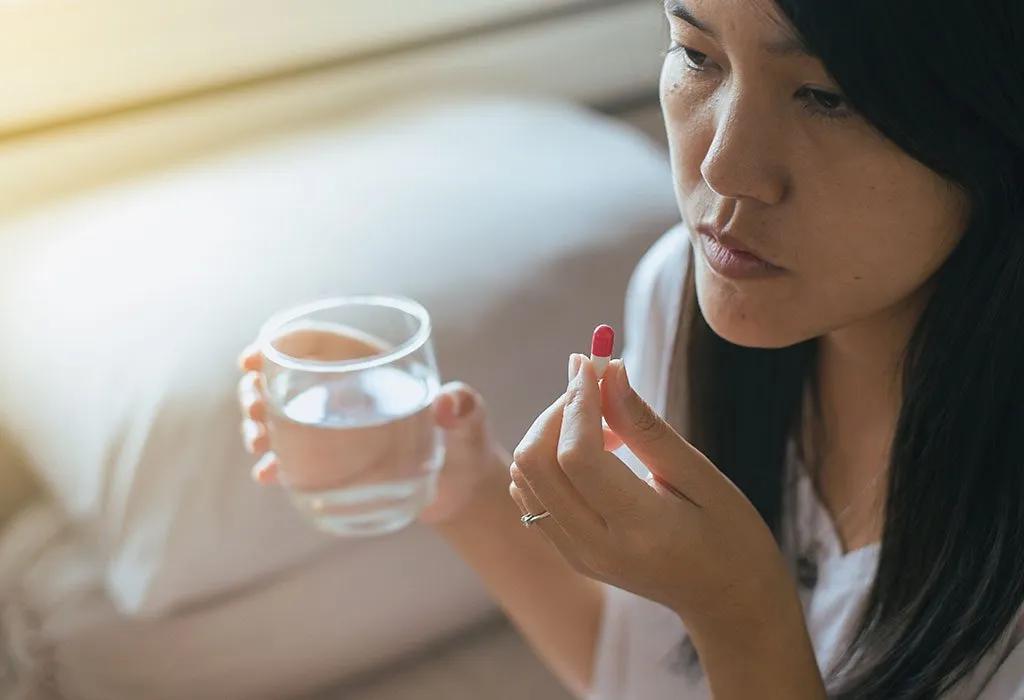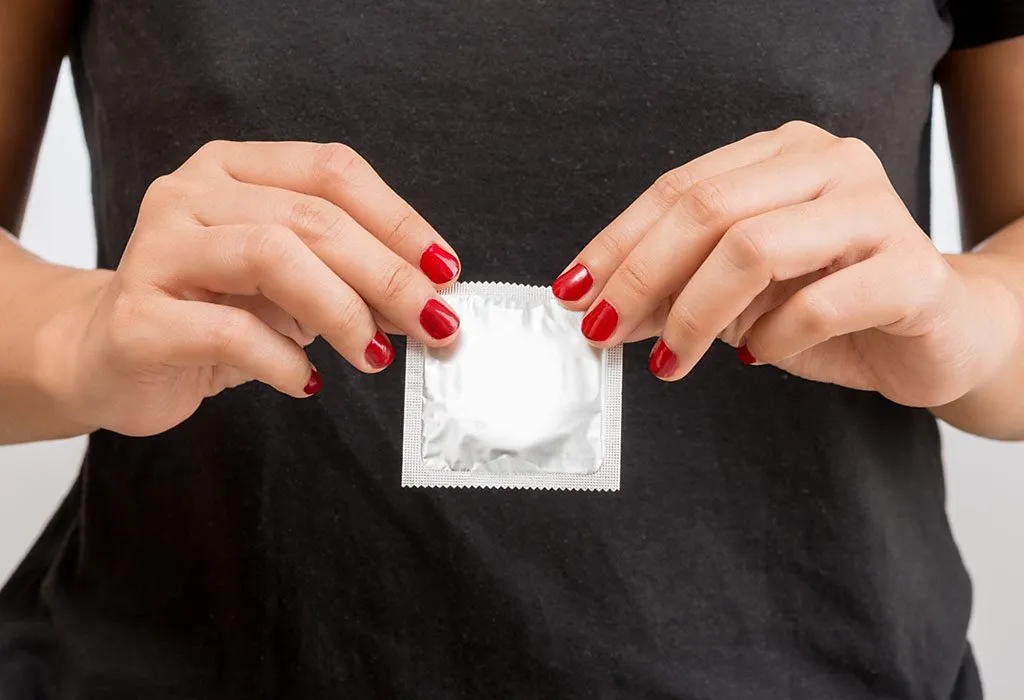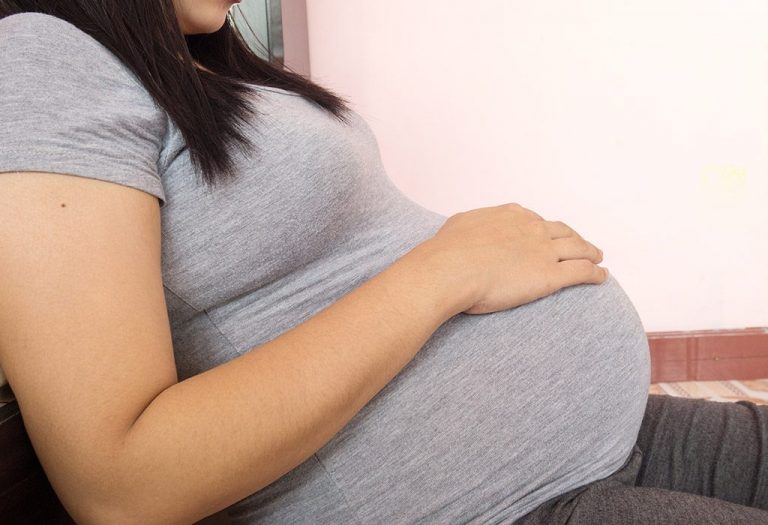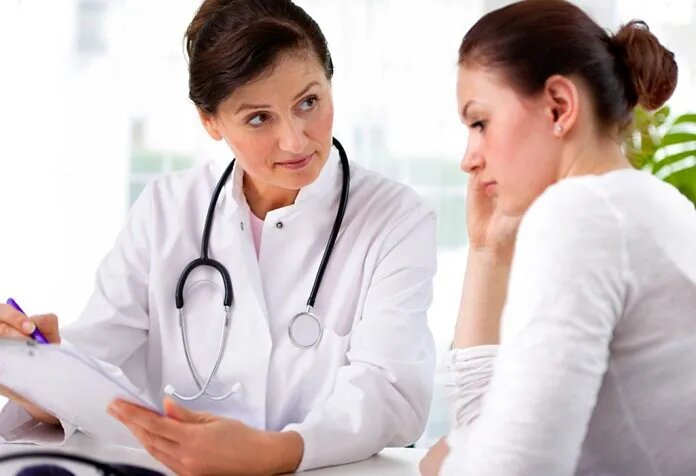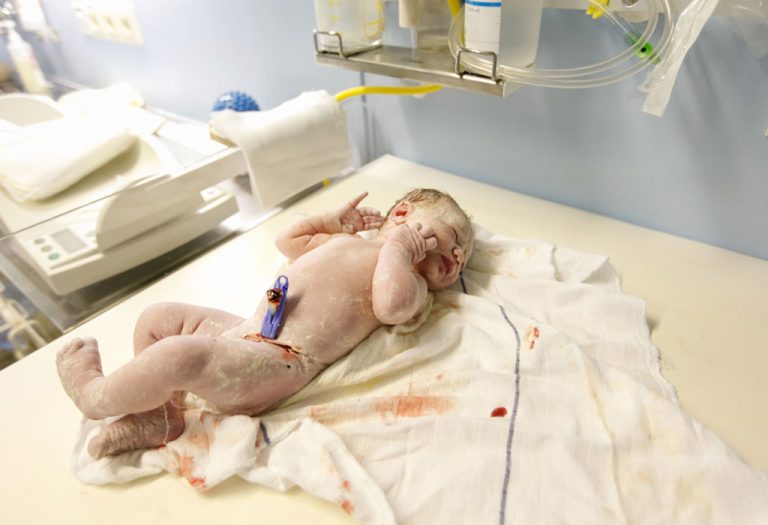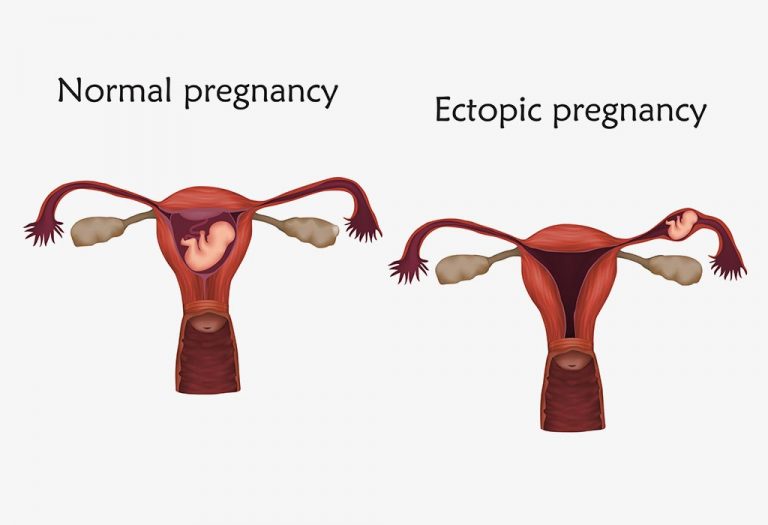Genital Warts in Pregnancy – Signs, Diagnosis and Treatment

When you are pregnant, you can expect numerous conditions that may look extremely dangerous but are not, and other conditions that can actually be dangerous and show no signs. These conditions manifest due to a much weaker immune system. One of the scariest-looking problems women can face when they are pregnant is genital warts. This skin condition can be scary in general; when it is around the genital area, it can make you worry, especially since you are pregnant, and this could be harmful to your baby. To talk about genital warts and pregnancy in one place is uncommon but not rare. Before you panic, it is important to understand what these warts are, what they mean and if they are, in actual fact – dangerous.
What Are Genital Warts?
Genital warts are a very common skin condition that by itself is not dangerous. If you have it, though, it is important to go to a doctor immediately as genital warts are the first sign of the human papillomavirus or HPV virus, which is a sexually transmitted disease commonly found in both men and women. It is so common that the American Pregnancy Association estimates that nearly 75% of people who are sexually active could possibly face this condition (1). HPV is often not diagnosed as it is mostly asymptomatic and heals by itself. The virus itself has numerous strains. During pregnancy, it gets common for warts to grow as the increased amount of vaginal discharge gives warts a moist and warm environment to thrive (2).
During pregnancy, changing hormone levels can make warts grow faster than usual. A pregnant woman’s body also produces an increased amount of vaginal discharge, which gives warts a warm, moist place to thrive.
Most of the time, HPV warts during pregnancy also manage to heal itself, but some strains of the virus have been linked with cancer and hence need urgent treatment. This is why it is essential that you see a doctor as early as possible for the best treatment options.
How Common Is It?
As mentioned earlier, HPV is an extremely common form of sexually transmitted disease; this STD can affect close to an estimated 75% of people who are sexually active. Most of the time, the strain of HPV is not dangerous or harmful, but doctors have hypothesized that the HPV warts can alter skin cells to a large extent, and this can lead to more serious strains of the disease or, worse, it could transform into cancerous cells. During pregnancy, it is very common for genital warts, which are harmless, to appear. This is mostly due to a dormant strain of HPV that is developing due to the weakened immune system and the imbalance in your body’s hormones. HPV genital warts and pregnancy are dealt with cautiously. It is important to get diagnosed early when you see genital warts while pregnant, so that doctors can evaluate what kind of HPV you have, if it needs to be treated, or if it poses any risk to either you or your baby.
What Are the Symptoms of Genital Warts in Pregnancy?
The most common sign of genital warts during pregnancy manifests as skin-coloured or dark lumps that are soft and usually tend to show up around the anus, in or around the vagina, cervix, and in the rectum (3). Their size and shape can be different. Most of these warts are painless, but it is also common to experience itchiness, burning and burning from these warts.
How Is the Diagnosis Done?
The most common way to diagnose this condition is by clinical examination, i.e. direct viewing it and then confirming a series of tests that include blood tests and a test known as a Pap smear. The pap smear is often used to identify abnormal skin cell changes in the cervix and is usually used to find cancerous cells before they become dangerous, which can be seen by the naked eye. While this test does not specifically identify HPV, it is a way of identifying the change of cells in the cervix that could become HPV. If the warts are undiagnosable through traditional means, doctors may request a biopsy to be done to diagnose warts; this can also be done to confirm the initial diagnosis. However, a biopsy is usually avoided in pregnancy.
For more information on this test and the other HPV tests during pregnancy, contact your doctor.
How Are Genital Warts Treated While Pregnant?
When treating these warts, it is essential to understand what is safe and what isn’t before directly delving into how to get rid of genital warts while pregnant.
Safe Treatments
HPV-infected genital warts are incurable, but they can be managed; here is a list of safe treatments as per Cleveland Clinic (4).
1. Topical Creams
Often, doctors prescribe topical creams to treat this condition before pregnancy, during pregnancy though make sure you revisit your doctor as some of these creams contain steroids that could complicate your pregnancy. During the pregnancy, doctors will prescribe specialized topical creams to help you manage and reduce the size of these warts.
2. Freezing the Warts
If your doctor believes these warts are getting too big and may cause complications to you during your pregnancy, they may use liquid nitrogen to freeze them (cryocautery) and remove them safely, this is only if the warts become too big to manage however, it is more of a last resort and shouldn’t be attempted without a medical practitioner’s presence and clearance.
3. Surgery
Much like with the freezing of the warts, this is an extreme solution that doctors only recommend if the warts seem to be harming you or your pregnancy. Usually, these warts are not surgically removed during pregnancy beyond the first or in rare cases, the second trimester, this is because any surgery can be a strain on your body and could hamper your ability to deliver your child. If the doctor recommends surgery, it is usually because the warts are straining you to the extent that it can harm your baby’s birth.
4. Leave It Alone
Most often, HPV and genital warts flare up and ease out by themselves, the warts can be left alone to reduce by themselves without worry unless they are massive or they keep growing, most doctors will recommend leaving the warts alone and observing their growth. This is considered one of the best home remedies for genital warts while pregnant as it requires no strain on the body nor any medical application that could have side effects.
5. Lasers
A more commonly used procedure to help get rid of these warts is a laser surgery that burns off the excessively big warts, like with any other procedure, this one has risks but the risks are minimal. Doctors will recommend this only if the warts are too uncomfortable and you aren’t able to manage them without having them removed.
6. Drugs
Currently, there are very few drugs that can treat these warts during pregnancy. Most drugs are used to treat warts pre-pregnancy or post-pregnancy. If you were already diagnosed and prescribed a drug to treat this condition, do not use it without consulting your doctor after becoming pregnant. Most of the drugs used before and after pregnancy contain steroids that can harm your pregnancy. Pregnancy-safe drugs for the treatment of HPV warts can be hard to find and rare, but they do exist, and doctors will prescribe them to you based on the seriousness of the warts.
Unsafe Treatments
Here is a list of genital warts in pregnancy treatments that are not safe and shouldn’t be done under any circumstances.
- Do not try popping these warts
- Don’t use drugs not prescribed specifically by your doctor after becoming pregnant
- Don’t use unauthorized drugs
- Don’t use steroid based topical creams
- Don’t use ice to get rid of these warts
- Don’t, under any circumstances, try to cut off these warts
- Don’t try peeling the skin off the warts
- Don’t use any treatment that hasn’t been tested and has no proven record of safety by a regulatory authority in the medical field
- Don’t use over-the-counter drugs without your doctor’s clearance to treat these warts
Complications of Having Genital Warts During Pregnancy
It is extremely normal to wonder if there are any complications to your baby or you when you first notice genital warts, so here is a list of possible complications for both during pregnancy.
Risks for Mother
If you are wondering – do genital warts affect pregnancy? The answer is yes, in rare cases they do. Here is how they affect pregnancy for the mother.
- There is a tiny chance that you can pass the virus onto your baby, this is rare though.
- The disease can lead to a more painful delivery of your child.
- A weaker immune system due to the virus could lead to a strained delivery
Risks for Baby
In rare cases, there can be risks for the baby as well, here is a list of those risks.
- A minuscule chance that the virus infects the baby during the pregnancy exists. But there’s definitely a chance of the baby getting the infection during vaginal delivery.
- A very small chance of premature delivery exists (5).
- The most likely risk is that the baby has a weaker immune system than normal children, this usually fixes itself as your baby grows but sometimes may require medical attention.
Giving Birth With Genital Warts
Giving birth with genital warts is almost the same as any other pregnancy, there is a slight rise in risks to the pregnancy compared to one that is completely healthy but in most cases the pregnancy can be normal, at times your doctor will do tests to see if your baby is also infected with this virus, this can happen on rare occasions. The most likely scenario for giving birth with these warts is a vaginal delivery.
How to Avoid Getting Genital Warts?
The most likely scenario is that you get these warts through unsafe sexual practices, the best bet for avoiding these warts is through safe sex. For this:
- Use condoms while having sex to reduce the chances of spreading this condition or getting this condition
- Have your partner tested when attempting to get pregnant
- Get routine HPV tests regularly
- Try to only have sex with people you know well and trust.
HPV is contagious, if you are diagnosed with this condition, please inform the person you may have sexual intercourse with and use safe sex methods to ensure it isn’t spread. It is essential that you get diagnosed as soon as possible when you see genital warts during your pregnancy. Consult your doctor for any further information and never self-medicate to treat this condition.
References/Resources:
1. Genital Warts During Pregnancy; American Pregnancy Association; https://americanpregnancy.org/healthy-pregnancy/pregnancy-concerns/genital-warts-during-pregnancy/
2. HPV During Pregnancy; American Pregnancy Association; https://americanpregnancy.org/healthy-pregnancy/pregnancy-concerns/hpv-during-pregnancy/
3. Genital Warts: Fast Facts; American Sexual Health Association; https://www.ashasexualhealth.org/genital-warts/
4. Genital Warts; Cleveland Clinic; https://my.clevelandclinic.org/health/diseases/4209-genital-warts
5. Condrat. C. E, Filip. L, Gherghe. M, et al.; Maternal HPV Infection: Effects on Pregnancy Outcome; Viruses.; PubMed Central; https://www.ncbi.nlm.nih.gov/pmc/articles/PMC8707668/; December 2021
Also Read:
Genital Herpes during Pregnancy
Bacterial Vaginosis (BV) when Pregnant
Common Vaginal Infections in Pregnant Women
What Are The Different Vaginal Changes during Pregnancy?
Was This Article Helpful?
Parenting is a huge responsibility, for you as a caregiver, but also for us as a parenting content platform. We understand that and take our responsibility of creating credible content seriously. FirstCry Parenting articles are written and published only after extensive research using factually sound references to deliver quality content that is accurate, validated by experts, and completely reliable. To understand how we go about creating content that is credible, read our editorial policy here.






